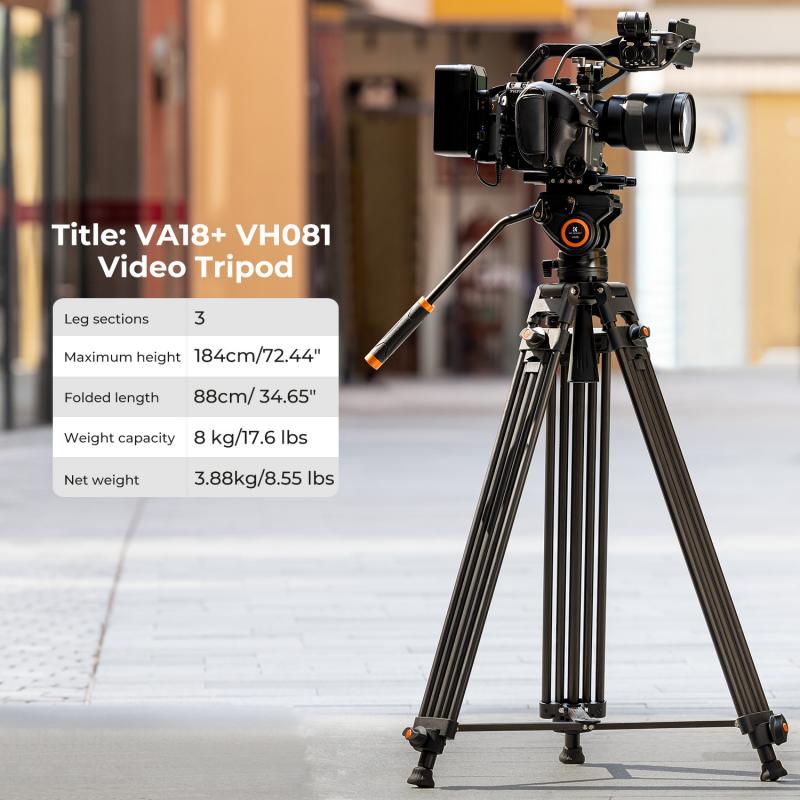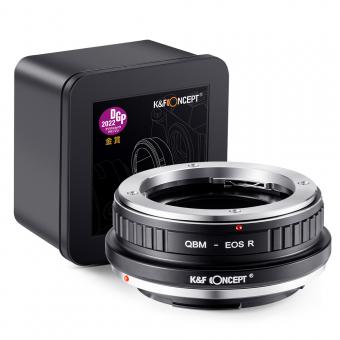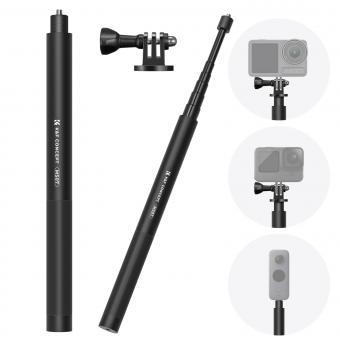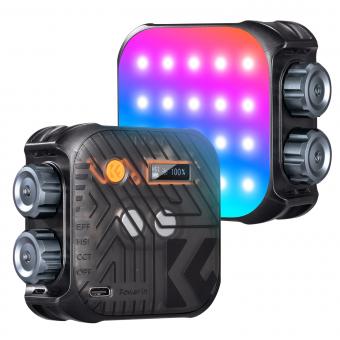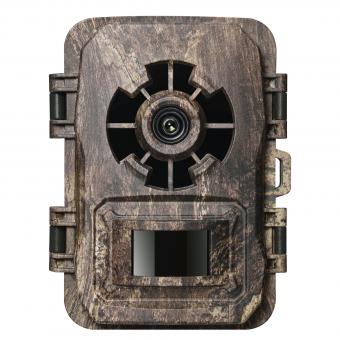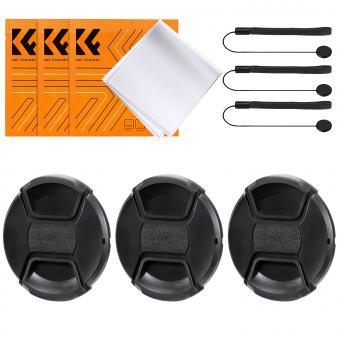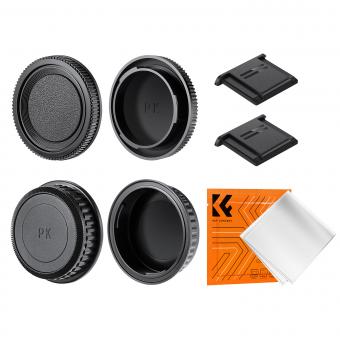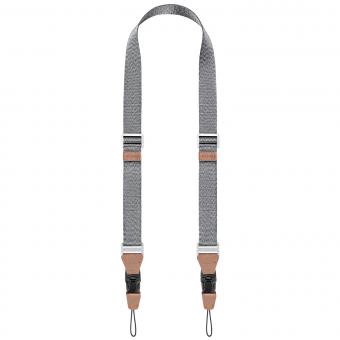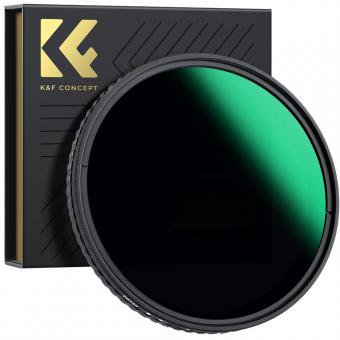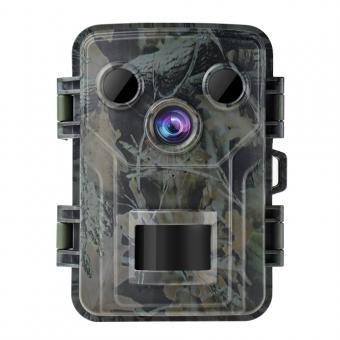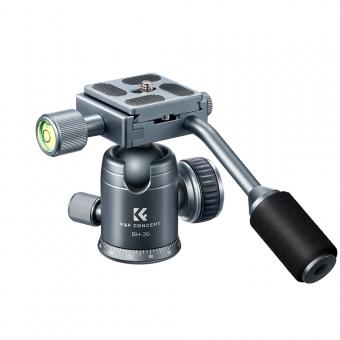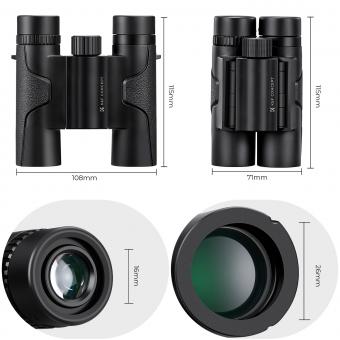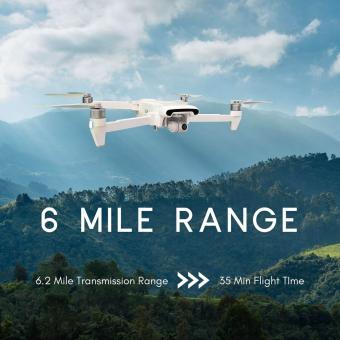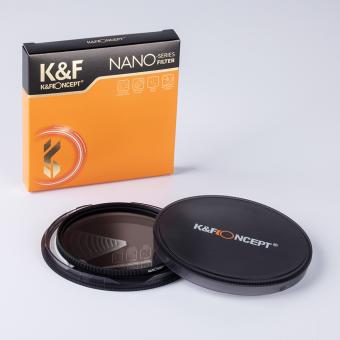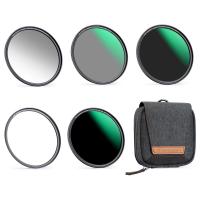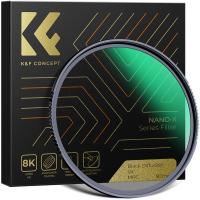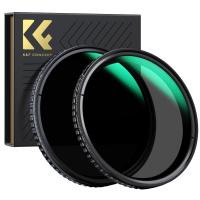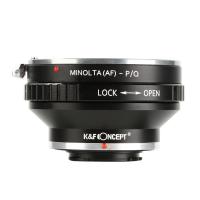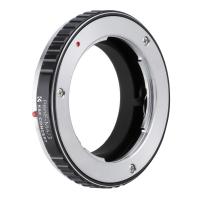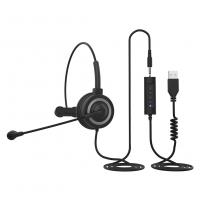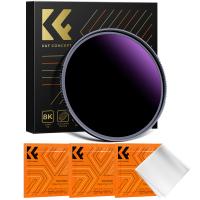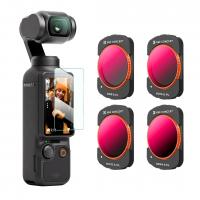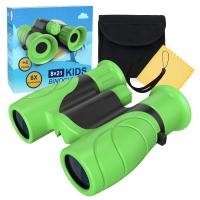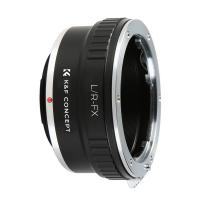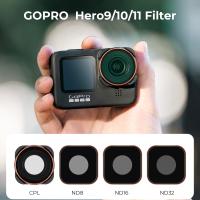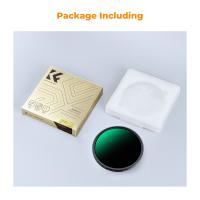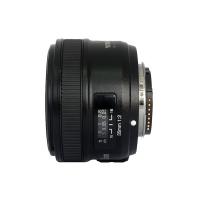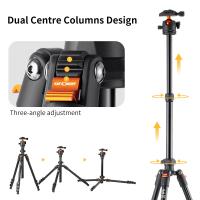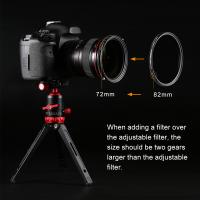Are Camcorders Worth Buying Now ?
Camcorders can still be worth buying depending on your specific needs and preferences. While smartphones have become increasingly capable of recording high-quality videos, camcorders offer certain advantages. They often have superior zoom capabilities, better image stabilization, and dedicated controls for video recording. Additionally, camcorders typically have longer battery life and larger storage capacity compared to smartphones. If you frequently record videos for professional purposes, such as filmmaking or journalism, investing in a camcorder with advanced features may be beneficial. However, for casual users who primarily record videos for personal use or social media, a smartphone may suffice. Ultimately, the decision to buy a camcorder depends on your intended use, budget, and desired video quality.
1、 Advancements in Camcorder Technology
Advancements in Camcorder Technology
Camcorders have come a long way since their inception, and advancements in technology have made them more versatile and capable than ever before. With the rise of smartphones and DSLR cameras, some may question whether camcorders are still worth buying. However, there are several reasons why camcorders remain a valuable tool for capturing high-quality video footage.
One of the main advantages of camcorders is their dedicated functionality. Unlike smartphones or DSLRs, camcorders are specifically designed for video recording. They offer features such as optical zoom, image stabilization, and manual controls that are essential for capturing professional-looking videos. Additionally, camcorders often have larger sensors and better low-light performance, resulting in superior image quality compared to other devices.
Furthermore, camcorders are designed with ergonomics in mind. They typically have a comfortable grip, a flip-out LCD screen, and dedicated buttons for easy access to essential functions. This makes them more user-friendly and convenient for extended periods of shooting, especially for events like weddings or sports.
Another advantage of camcorders is their long battery life. Unlike smartphones or DSLRs, which drain their batteries quickly when shooting videos, camcorders are optimized for continuous recording. This is particularly beneficial for capturing events or documentaries where uninterrupted recording is crucial.
Moreover, camcorders often offer a range of connectivity options, including HDMI, USB, and Wi-Fi, allowing for easy transfer of footage to other devices or live streaming capabilities. Some camcorders even have built-in Wi-Fi for remote control and sharing options, making them a versatile tool for content creators.
In conclusion, despite the rise of smartphones and DSLRs, camcorders still hold their ground as valuable tools for capturing high-quality video footage. Their dedicated functionality, superior image quality, ergonomic design, long battery life, and connectivity options make them worth considering for anyone serious about videography. With ongoing advancements in camcorder technology, we can expect even more exciting features and capabilities in the future.
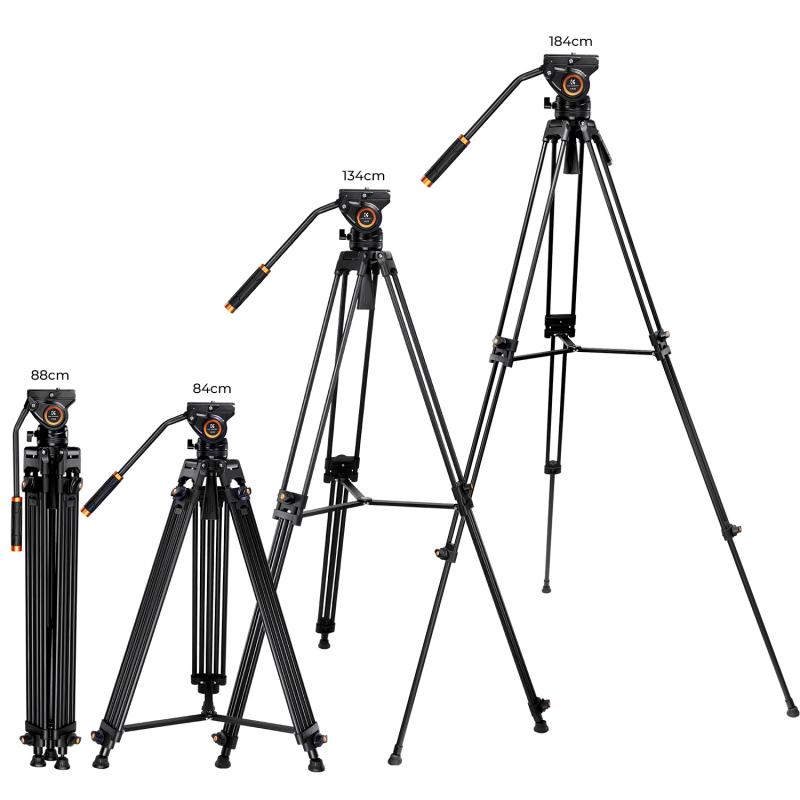
2、 Pros and Cons of Camcorder Ownership
Pros and Cons of Camcorder Ownership
Camcorders have been a popular choice for capturing high-quality videos for many years. However, with the rise of smartphones and their increasingly advanced camera capabilities, some may question whether camcorders are still worth buying. To help you make an informed decision, let's explore the pros and cons of camcorder ownership.
Pros:
1. Superior Video Quality: Camcorders are designed specifically for video recording, offering higher resolution, better image stabilization, and superior zoom capabilities compared to smartphones.
2. Longer Battery Life: Camcorders generally have larger batteries, allowing for extended recording sessions without the need for frequent recharging.
3. Dedicated Features: Camcorders often come with a range of features tailored for videography, such as manual controls, external microphone inputs, and headphone jacks, providing more control and flexibility in capturing professional-grade videos.
4. Ergonomics: Camcorders are designed with ergonomics in mind, offering a comfortable grip and easy access to controls, making them ideal for extended shooting sessions.
Cons:
1. Cost: Camcorders can be more expensive than smartphones, especially high-end models with advanced features.
2. Portability: While camcorders are generally compact, they are still bulkier than smartphones, making them less convenient to carry around.
3. Limited Versatility: Unlike smartphones, camcorders are primarily designed for video recording and may lack the versatility of a smartphone, which can perform various functions beyond just capturing videos.
4. Connectivity: Sharing videos captured on a camcorder may require additional steps, such as transferring files to a computer or using specialized software, whereas smartphones offer instant sharing options.
In recent years, smartphone cameras have significantly improved, offering impressive video quality and advanced features. However, camcorders still hold an edge in terms of video quality, battery life, and dedicated videography features. If you prioritize capturing high-quality videos and have specific videography needs, investing in a camcorder can still be worthwhile. However, for casual users who prioritize convenience and versatility, smartphones may suffice.
It's important to consider your specific requirements, budget, and intended use before deciding whether camcorder ownership is worth it for you.
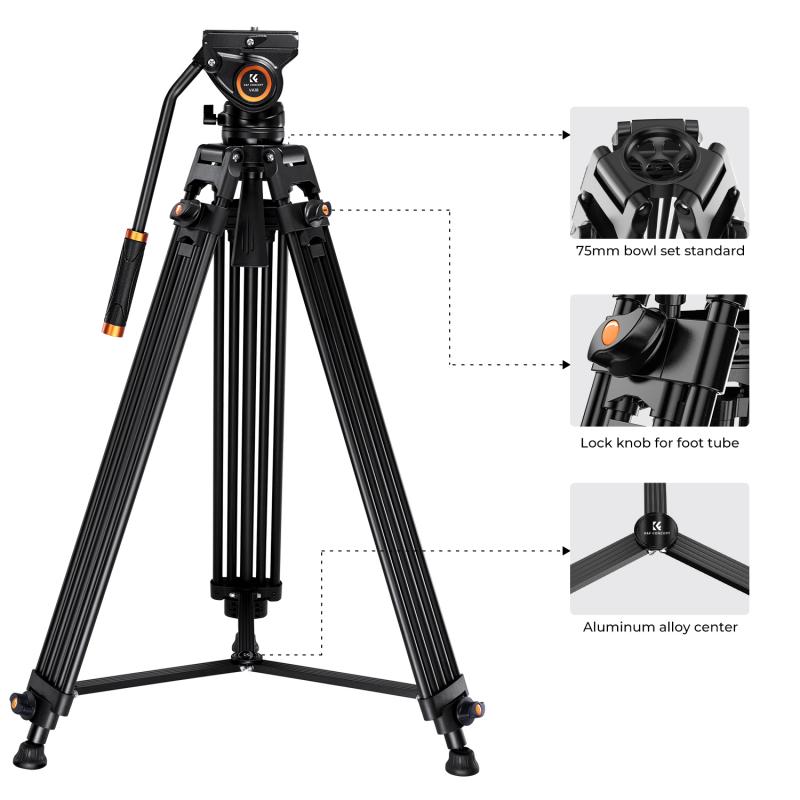
3、 Camcorder vs. Smartphone Video Recording
Camcorders have long been the go-to choice for capturing high-quality videos, but with the advancements in smartphone technology, the question arises: are camcorders worth buying now?
While smartphones have undoubtedly improved their video recording capabilities over the years, camcorders still offer several advantages. One of the key benefits of camcorders is their superior image stabilization. They are specifically designed to minimize camera shake, resulting in smoother and more professional-looking footage. Additionally, camcorders often have larger sensors and better lenses, allowing for better low-light performance and overall image quality.
Another advantage of camcorders is their dedicated controls and features. They typically offer manual settings for exposure, focus, and audio, giving users more control over their recordings. Camcorders also often come with built-in microphones or external microphone inputs, allowing for better audio quality compared to smartphones.
Furthermore, camcorders usually have longer battery life and larger storage capacity than smartphones. This is particularly important for those who need to record for extended periods or in remote locations where charging options may be limited.
However, it is worth noting that smartphones have made significant strides in video recording capabilities. The latest flagship smartphones now offer 4K resolution, high frame rates, and advanced video editing features. They are also more portable and convenient, as they are always with us.
Ultimately, the decision between a camcorder and a smartphone for video recording depends on individual needs and preferences. If you prioritize professional-quality videos, manual controls, and superior audio, a camcorder may still be worth buying. However, if convenience, portability, and decent video quality are more important, a smartphone may suffice.
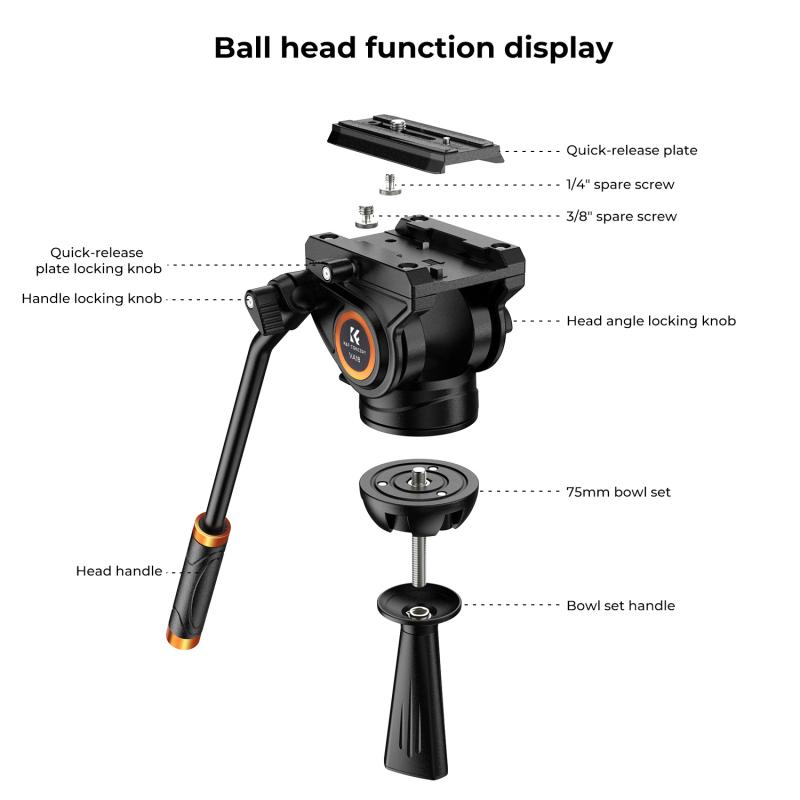
4、 Camcorder Features and Specifications
Camcorders have been a popular choice for capturing high-quality videos for many years. However, with the rise of smartphones and their increasingly advanced camera capabilities, some may question whether camcorders are still worth buying.
While it is true that smartphones have made significant advancements in camera technology, camcorders still offer several features and specifications that make them a worthwhile investment for certain individuals and purposes.
One of the main advantages of camcorders is their superior zoom capabilities. Most camcorders come with powerful optical zoom lenses, allowing users to capture distant subjects with clarity and detail. This is particularly useful for those who frequently film sports events, wildlife, or concerts. Smartphones, on the other hand, rely mostly on digital zoom, which can result in a loss of image quality.
Camcorders also tend to have better image stabilization technology compared to smartphones. This is crucial for capturing smooth and steady footage, especially when shooting handheld or in motion. Some camcorders even offer advanced stabilization features such as optical image stabilization or electronic image stabilization, which further enhance the quality of the footage.
Additionally, camcorders often have larger sensors and better low-light performance compared to smartphones. This means that they can capture clearer and more detailed videos in challenging lighting conditions, such as indoor or nighttime settings.
Furthermore, camcorders typically offer a range of manual controls, allowing users to have more creative control over their videos. These controls include adjustable shutter speed, aperture, and white balance, among others. This level of customization is not commonly found in smartphone cameras, which are designed for more casual and automatic shooting.
In terms of audio quality, camcorders often come with built-in microphones or external microphone inputs, allowing for better sound recording compared to smartphones. This is particularly important for those who prioritize capturing high-quality audio, such as vloggers or documentary filmmakers.
While smartphones have undoubtedly improved their camera capabilities, camcorders still offer several advantages in terms of zoom, image stabilization, low-light performance, manual controls, and audio quality. Therefore, for individuals who require these specific features and specifications, investing in a camcorder can still be a worthwhile decision.
